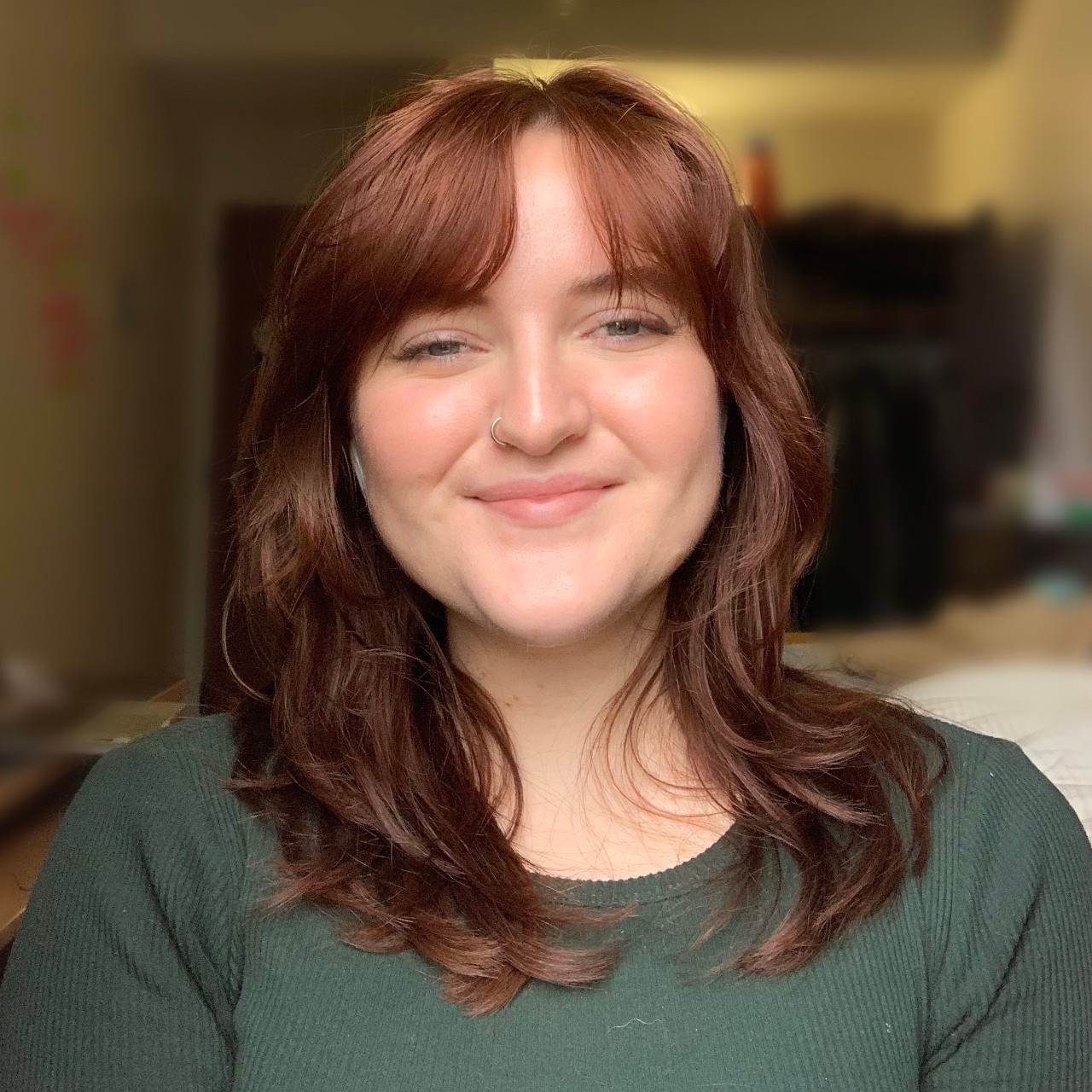Studying is intimidating. You sit down and open your notebook, only to find page after page of bullet points and references that you need to make sense of. It can seem like an impossible task, and you might start asking yourself things like: Where do I start? How do I start? When will it end?
I still haven't found one method that takes the gold, but in the process of learning what doesn’t work for me, I’ve figured out four ways that have made the studying process easier and more effective. Maybe they’ll work for you, too!
Summarize your notes
Note: this method only works if your professor posts their presentations online.
I often find it hard to copy information on PowerPoints while the professor lectures. By the time I finish writing a bullet point, they’ve already moved on to something new and, in between, I’ve missed what wasn't written on the slide. Unfortunately, it's this information that can often help explain or even summarize what the PowerPoint is trying to tell you.
To combat this, I’ve started taking notes of my professor’s asides and interjections rather than what's on the slides. This not only fixes the problem, but also forces me to revise all the information from the lecture and create a concise page of notes. It may seem like a simple solution, but creating summary notes after each lecture (or whenever you get the chance) acts as mini-study sessions, reducing the need to learn everything in one shot. Think of it like taking baby steps, rather than big leaps.
Become the teacher
One of the best ways to make sure you know your stuff is to step out of your student shoes and into those of the professor. For this method, you’ll need a willing participant to sit and listen to whatever it is you’re studying. You don’t need to create a lesson plan or quizzes, but teaching someone what you've learned will force you to work through and regurgitate the information in an explainable (and understandable) way.
This technique works best if your “student” is new to your subject, since their questions will likely force you to think about the information in new ways. For example, they might ask you something you’ve never considered and help you realize that you need to spend more time studying that area.
Make connections
I know I’m not alone when I say that some classes are boring. You may love the subject, or even just the concept of the class, but the material itself doesn’t spark the joy you were hoping for. That’s when you must take the learning into your own hands.
My favourite way to do this is to make my own connections. In other words, I use people, places, situations, etc. that interest me and find a way to connect them to what I'm learning. This makes learning more interesting and forces me to apply what the professor gives me to the real world.
Whether it's applying a literary theory to your favourite book or watching your comfort movie in a new language, moving your lectures from the classroom and into your life can help solidify the information in ways that simply reading your textbook cannot.
Outside lessons
This method is similar to the one before, but instead of making connections in your mind, you’re searching the Internet for new perspectives on your material. Professors can’t always give a lecture that's tailored to every individual student’s learning needs, especially if there are 300+ people in your class. The gaps in material this may cause can make studying seem much more daunting.
Your first step should be going to your professor’s office hours or emailing your TA with your questions. Realistically, though, you might run out of time or your instructors may not be available. In that case, using the Internet to find documentaries, videos, webpages, and more that explain what you're trying to learn can be just as effective. Implementing outside lessons into your study sessions can help broaden the information you're learning and potentially shine a new light on old material. Just make sure you're using information from reliable sources!
For more help, drop by one of the Studying for Success workshops that are offered year-round. If you’re really struggling, I suggest making an appointment with Dal’s Study Skills coaches for some one-on-one support.

